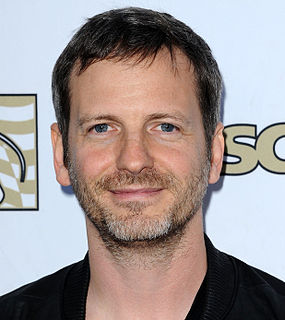A Quote by Sparky Anderson
Managing is not running, hitting, or stealing. Managing is getting your players to put out one hundred percent year after year.
Related Quotes
Baseball is a simple game. If you have good players, and you keep them in the right frame of mind, the manager is a success. The players make the manager. It's never the other way. Managing is not running, hitting, or stealing. Managing is getting your players to put out one hundred percent year after year. A player does not have to like a manager and he does not have to respect a manager. All he has to do is obey the rules. Talent is one thing. Being able to go from spring to October is another. You just got caught in a position where you have no position.
Year after year after year, people write books about managing innovation or about leadership, for example, without ever going through the pain of saying, "This kind of leadership will cause this result in these circumstances and a very different result in those circumstances." This is academic malpractice of the worst kind.
I think the mental preparation isn't something that you can work on in one large sum. It has to be a collective collaboration of doing little things for your mental state constantly throughout the prep and managing your life outside the Octagon, managing your life in transit to the Octagon, managing your life once you get to training.




































